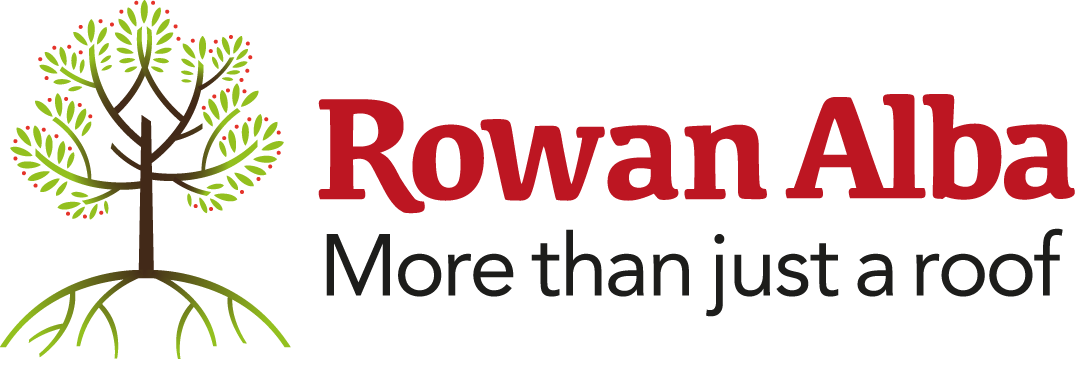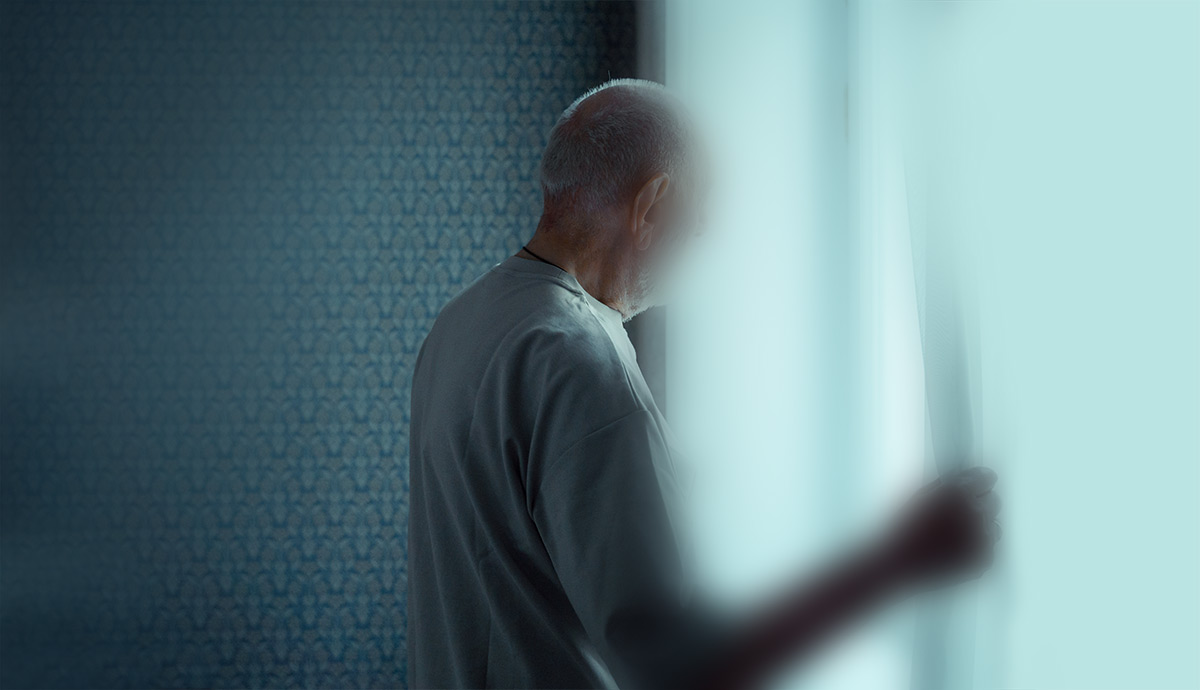News & Events
CARDS work to end stigma of overlooked ARBD condition
Alcohol abuse can have a profound effect on people mentally, physically, and emotionally. However, information around alcohol’s long-term affects is not widely accessible or known.
As part of CARDS mission to educate the community about alcoholism, it investigated the impact of Alcohol Related Brain Damage (ARBD) on its service users in hopes to better educate the community at large. In 2020 CARDS published its ARBD Report in partnership with RS Macdonald to promote awareness and education around the illness.
Often overlooked or misdiagnosed
ARBD occurs when women consume 35 or more units of alcohol per week or when men consume 50 or more units of alcohol per week for a sustained amount of time. Symptoms present differently in each person; however, the most common ones are memory loss, decreased mobility/dexterity, vision impairment, and frequent mood changes. Michaela Devlin, CARDS staff member and former volunteer, is a recovering alcoholic and shared her experiences of living with ARBD. “My eyes were unable to focus, and I could not see words. I could not hold objects as I had no grip and I was unsteady on my feet, even when I was not particularly drunk,” Michaela recalled. What is troubling about ARBD is that it is often overlooked or misdiagnosed as other degenerative diseases such as dementia.
Michaela shared she did not know she had ARBD until she was in recovery with an NHS Addiction Treatment Centre where patients were given educational lectures about their alcoholism. “We were told that substances change the structure of the brain [and] the neural pathways [and that] the damage is progressive. I recall a therapist telling us that all our brains were damaged and that it could take up to two years for this to improve, provided of course we remain abstinent,” said Michaela. The damage caused by ARBD can be reversed with sobriety, however there is not much research done around at which point the damage becomes irreparable.
Often people who have ARBD do not even know they have it because it is overlooked by the medical community. Part of CARDS’ mission is to educate its service users on all the facets of their addictions. The education that is given on ARBD helps its service users feel empowered to address their ailments. In fact, 73% of service users reported that they had more confidence to discuss ARBD symptoms with their medical providers. “CARDS believes that education is fundamental to giving our service users confidence and autonomy over their lives,” said Tracey Stewart, CARDS Service Leader. “Every day we see first-hand how ARBD impacts our community and that’s why it’s important for us to provide accessible tools to help our service users live with their ARBD.”
Social isolation increased by lockdowns
Since the ARBD report was conducting over two of the COVID-19 national lockdowns, the topic of isolation was brought up by all the service users. Part of CARDS’ services involve group outings to promote socialisation and cultural experiences. Bob, a CARDS service user, mentioned how he deeply missed these outings due to COVID-19 restrictions, “I really miss group meetings. Someone would pick me up to get there. I was getting used to going out because I was anxious about going out but had got used to it and looked forward to it before lockdown started.” The isolation of lockdown increased social anxiety in most service users, which prevented to going outside rarely or at all, one even claimed they needed to have a drink to go and do shopping because their anxiety around going outside was so bad.
CARDS hopes that the ARBD Report will spotlight how serious ARBD can be and its need for it to be taken seriously by the medical community. If you are part of the third sector or medical community and would like more information on ARBD please get in touch with CARDS. “We want to collaborate with anyone who interacts with those suffering from alcoholism and encourage you to reach out so we can work together in making our community a healthier place,” said Tracey.
You can make a difference to vulnerable, isolated people by volunteering for CARDS. Click here to find out how you can get involved.
To read our full 2020 ARBD report, “Making the connection”, click here.


